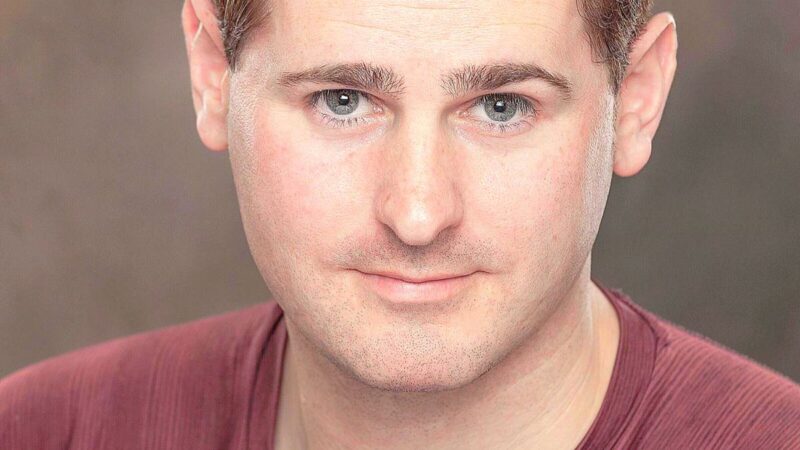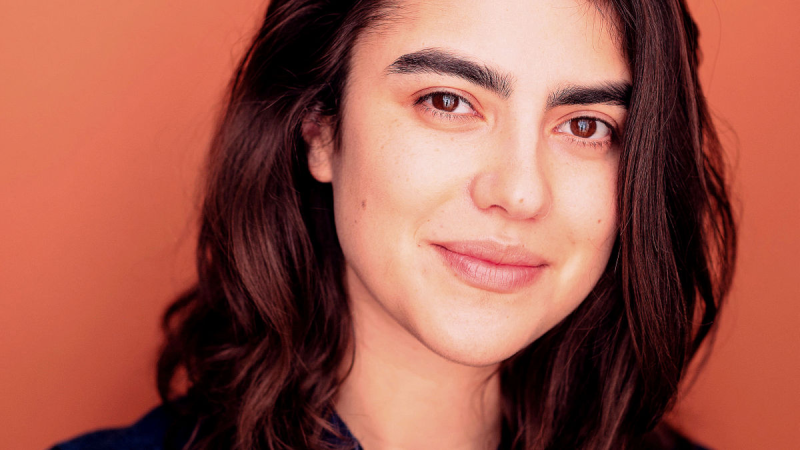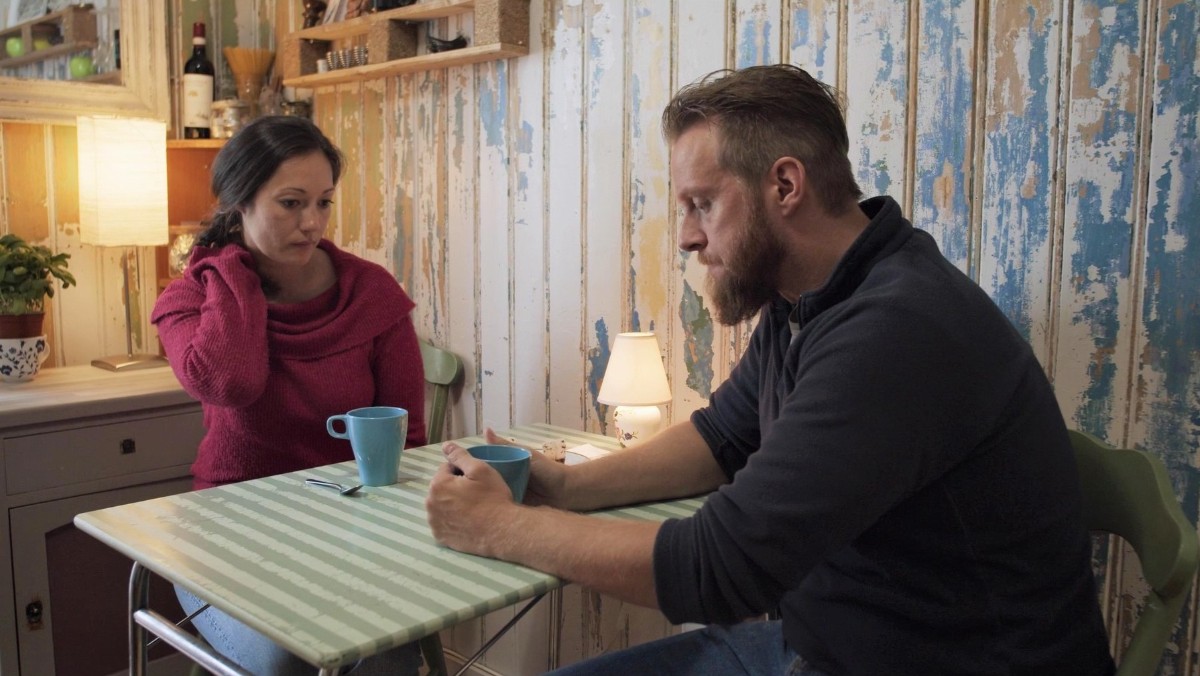
A Case Study
Narrative | Dramatic Features
Film Name: Waves (Norwegian title: Bølgeblikk)
Genre: Drama
Length of film: 16 mins
Date: 2021
Director: Camilla Roman
Producer: Liew Ceng Teng and Camilla Roman
Writer: Camilla Roman
Cinematographer: Marius Bjellebø
Editor: Adriana Calderón
Composer: Liew Ceng Teng
Production Company: 1Harmoni
Budget: 0
Financing: Private
Shooting Format: 4k 17:6 Braw
Screening Format: 1:85 flat
World Premiere: Global Nonviolent Film Festival (23 September 2021)
Awards:
* Accolade Competition 2021
– Award of Excellence Leading Actress (Tonje Thwin) and
– Award of Excellence Special Mention Women Filmmakers
* Global Nonviolent Film Festival 2021
– Best Director – Short Film and
– Best Lead Actress in a Short Film (Tonje Thwin)
* Sherman Oaks Film Festival 2021
– Filmmakers Award Outstanding Short Film
* Vesuvius International Film Festival 2021
– COVID19 Short Film Best Female Director
Website: https://globalcinema.online/programs/waves
The Official Trailer for Waves or Bølgeblikk (Norwegian)
Watch the trailer by Camilla Roman
A Short Biography of Camilla Roman
Camilla Roman is a Norwegian writer, director, producer, and actor. Camilla has directed and produced three (3) short films and written the script for two (2) of them.
Her first short film Love You to Death (Elsker deg til døde) premiered, and won Best Foreign Language Short, at The Golden State Film Festival, at The TCL Chinese Theatres in Hollywood, in March 2019. The film is available on Amazon Prime Video, Google Play, and GlobalCinema.online. Similarly, her second short film Head, Shoulders, Knees, and Toes is available on GlobalCinema.online.
In a pitch at the Norwegian Film Festival (2015) her feature film project, Elsa (a historic drama) debuted. In 2016, it made the selection for the European Screen Writing program Sources 2. Elsa is production-ready for producers and investors.
Roman is also looking for producers and investors for her upcoming feature film Agnes & Mia, about two women investigators in the US. Both scripts are in English. She’s also developing the Norwegian TV dramedy Restart.
The Camilla Roman Interview
indieactivity: What is your film about?
Camilla Roman (CR): Waves take place during the COVID-19 lockdown. Asylum seeker Leyla meets Stig, a delivery guy. Their encounter could change both their lives.
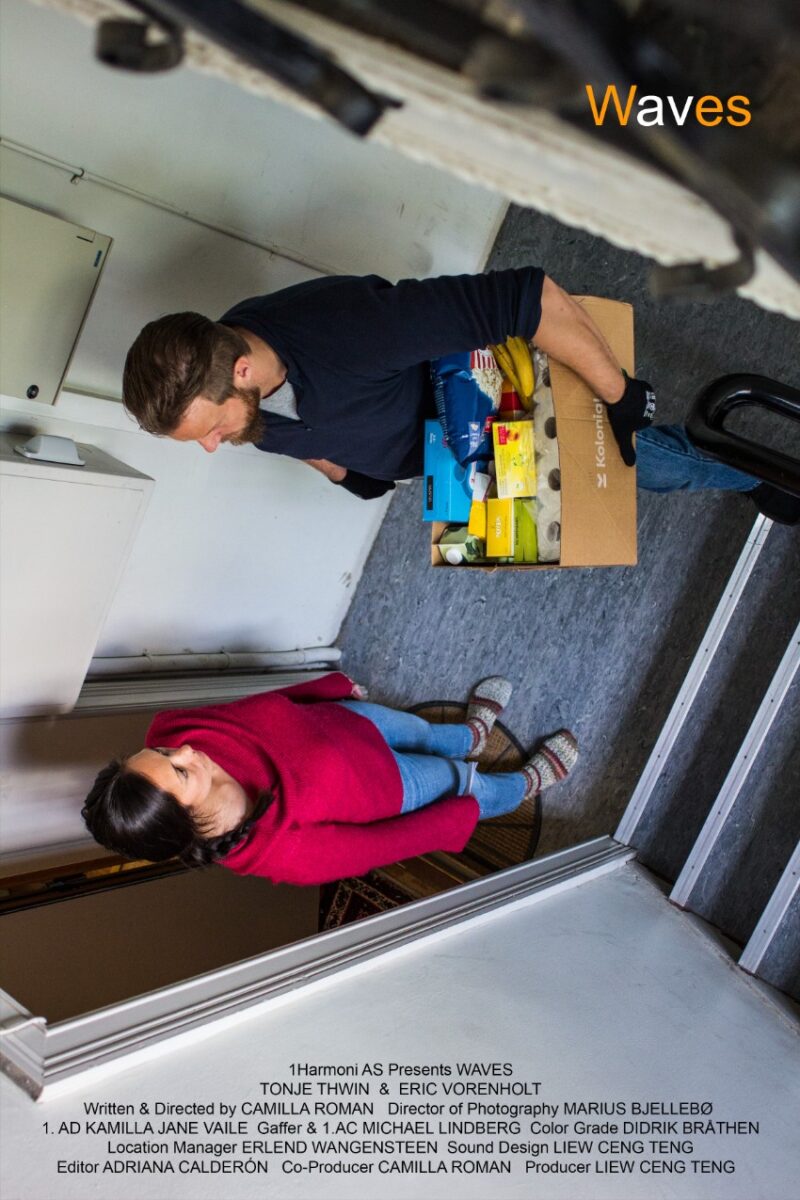
Give the full Official Synopsis for your film?
Camilla Roman (CR): Leyla is in receipt of a letter directing her to leave Norway. She awaits deportation in her apartment for weeks. I wanted to highlight Leyla’s isolation and fear, especially in the opening sequence. Desperate for some human contact, she invites in the delivery guy, Stig.
It turns out that Stig used to be a police officer. He left his job because he could no longer handle taking part in deporting people. He wants to help Leyla, but how?
The script and film were shot in the spring of 2021. It was natural to include the corona situation and the lockdown we were in. This also created a natural isolation for Leyla, and the desire to talk to someone became even stronger. It also made it easier for the character, Stig, to actually say yes, when Leyla invites him in for tea.
Even though Leyla is fictional, she represents many women. Leyla eventually tells her dramatic story about why she had to flee her home country, to the policeman. We don’t get to see her story unfold, but let the viewer create the images in their mind. I still want the experience as strongly as if the scenes had unfolded visually. I drew inspiration from the Netflix series Mindhunter, in terms of telling horrible scenes verbally.
Although the message is political, the film is primarily about two people who are having a hard time, and who unexpectedly end up in a situation where they feel that it is safe to open up. I think the closeness between Leyla and Stig experience resonates with the audience.
Since this is a short film, I had no need to come up with a definitive ending, but wanted the audience to imagine what happens later.
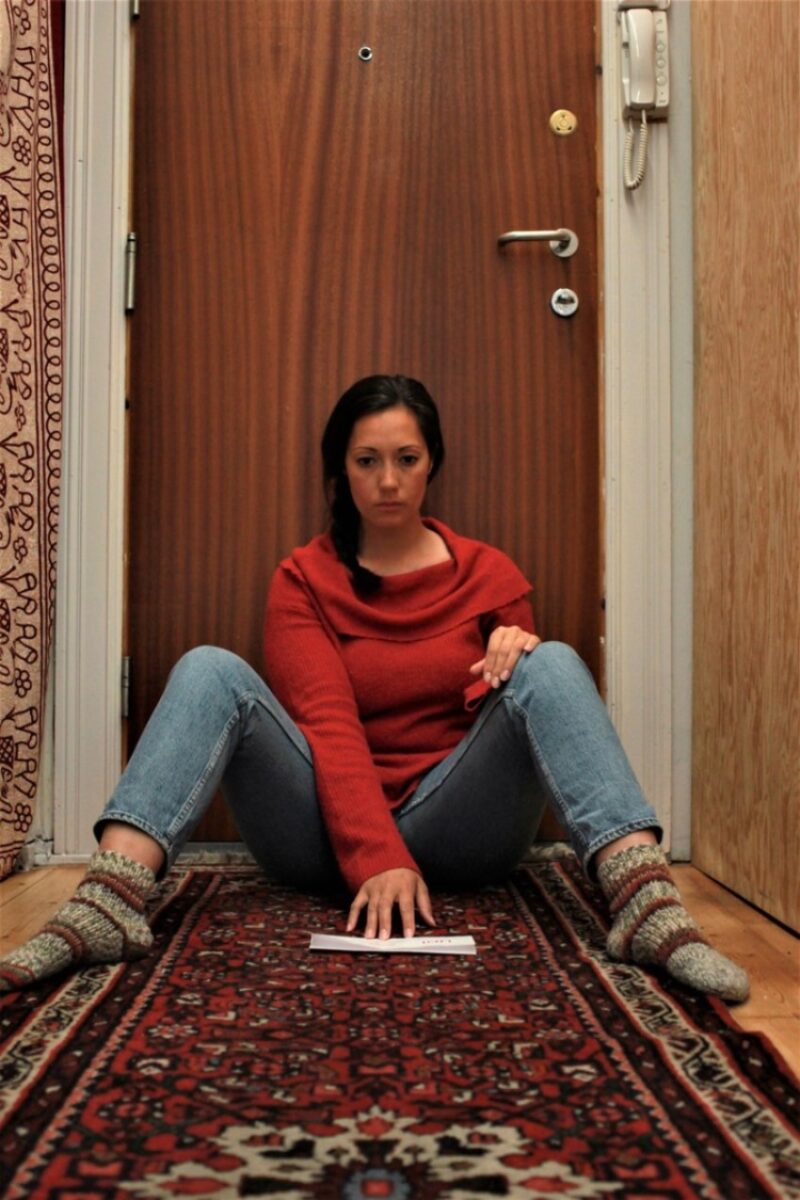
Development & Financing
Camilla Roman (CR): There are several asylum seekers cases in Norway who experience deportation after decades of living. Those are not criminals, but taxpayers and people who have contributed to their communities, many have children, who are born in Norway, and some came here when they were children. The majority of Norwegians, find this practice not only unfair but also unethical. I was wondering how the police felt about having to do the job of deporting these people, these families, these children, and that’s how the idea of Waves came about.
From a one-on-one session, and was part of a one-day workshop, at Mediefabrikken in Oslo, to help me develop the script. As I didn’t have any funding, this was the only way to get some professional help and be able to make it.
Production?
Camilla Roman (CR): I knew before the script was complete who I wanted to cast, and I’m so happy both Tonje Thwin and Eric Vorenholt accepted.
Liew Ceng Teng did the sound on my first film. He runs a production company and offered to work on Waves. We did apply for funding but didn’t get anything. Suddenly, everyone was in lockdown, and not able to work, as all productions shut down.
We already had the actors in place and photographer Marius Bjellebø, who had worked with Liew before. When we asked if they were willing to do it for free, they said yes. Kamilla Jane Vaile is AD (she was my AD on Head, Shoulders, Knees, and Toes), and Michael Lindberg did lights, B-photo, and gaffer.
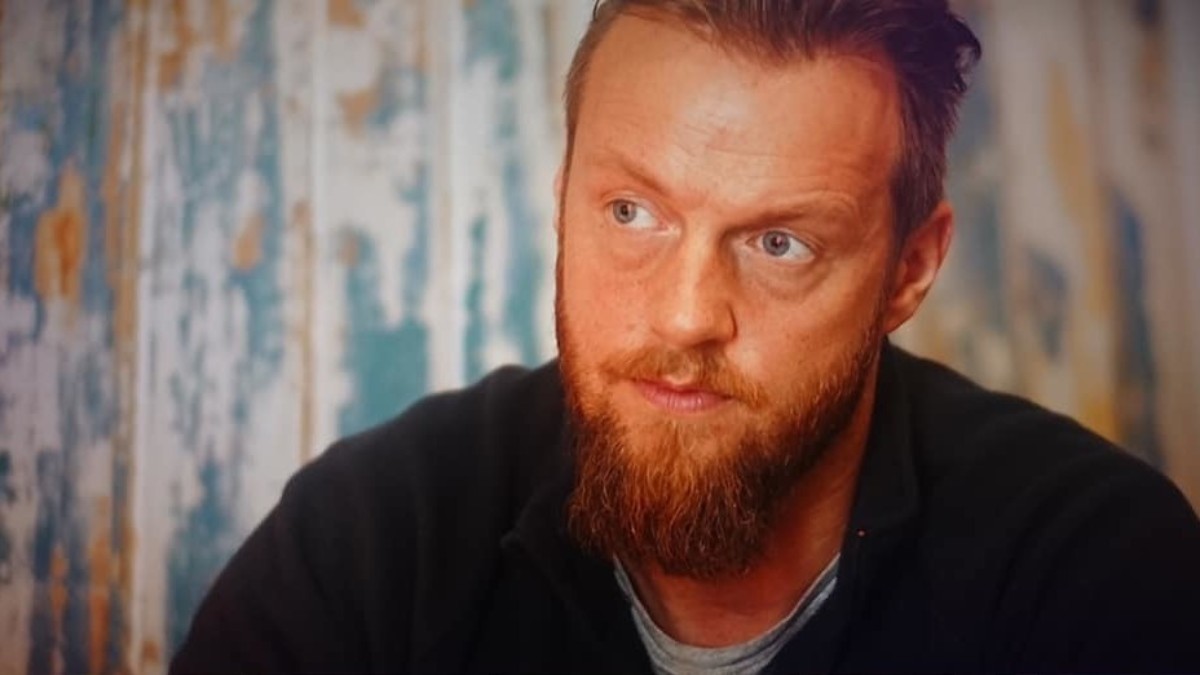
I had a couple of zoom-meetings with my actors, and one with the entire cast and crew. Liew found the location, the apartment of one of his friends, that turned out to be perfect. We had four days on the location. The first day we prepared the shoot and the shot list and had a rehearsal with the actors. Then we filmed for three days, and also had time for taking still photos and photos for the poster on the last day. I wanted us to be able to take our time, and not to rush things.
Liew has a company that rents out filming equipment, so he had everything we needed. In addition to producing the film with me, he did the sound recording and catering on location, sound editing, composing, and a bunch of other things. So we were the smallest crew possible, but it was also the only way to shoot during the lockdown.
Our editor, Adriana Calderón, and I have actually still not met in person, as all our communication was online.
Festival Preparation & Strategy?
Camilla Roman (CR): I have done all the preparation for the festival run. I had already done it for my first two short films, so with that experience, I pretty much knew the dos and don’ts. It was important to submit to legit festivals, that were IMDb qualified.
A few months earlier online festivals were not seen as professional or at least not as “good“ as festivals with live screenings, but all of that had suddenly changed, every festival was now online. As I paid for every submission myself, I had to do a lot of research trying to find the ones that were most likely to admit a film like Waves. If I could submit to three or four festivals for the price of one, maybe more famous, I did.
I looked at how many short films festivals normally screen, and didn’t go for the ones that are mainly known for features. Having had my first two films at a number of festivals, I received weekly invitations to submit. Getting into festivals is a numbers game, and if I had the money, I would have submitted to many more. I mainly used FilmFreeway to submit.
The Release?
CR: I use Instagram and Facebook, and Waves has its own Facebook page. Some festivals are good at marketing their films, others are not. Global Nonviolent Film Festival is one of the festivals that is good at marketing. After the festival, they offered to distribute Waves on “globalcinema.online”, and they do a lot of marketing on Facebook, Twitter, and their weekly newsletter, so that has been very helpful to me.
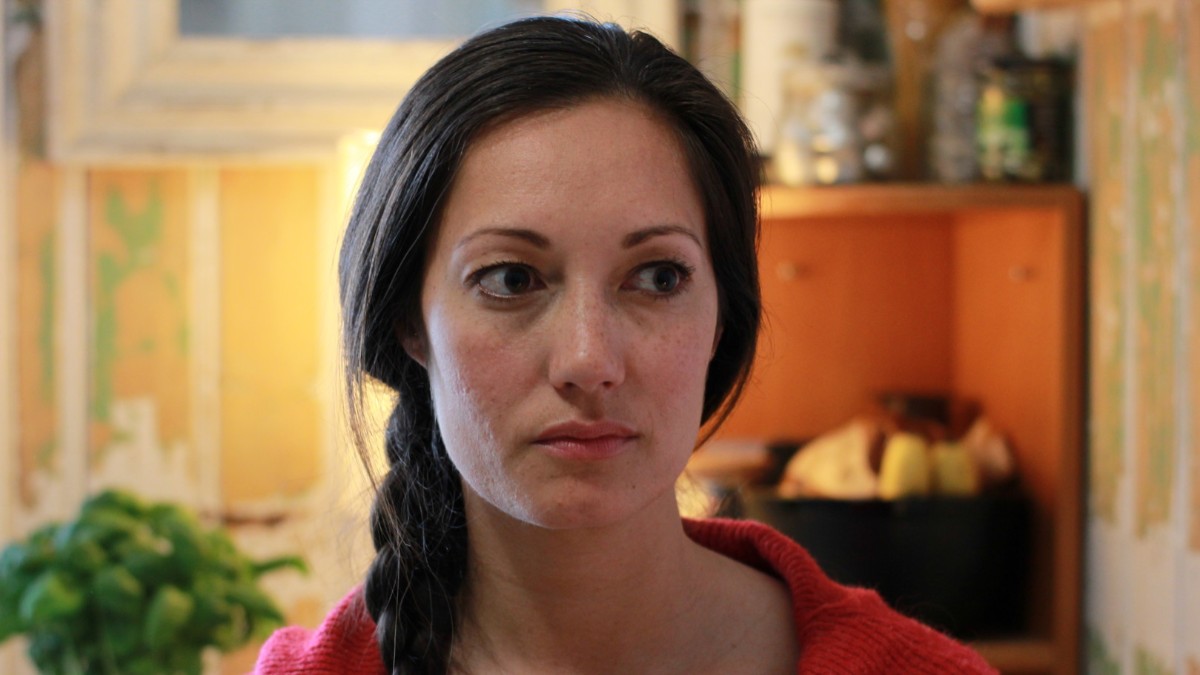
Where can the film be watched today?
CR: Click HERE to go to Global Online Cinema
Advice for other Filmmakers?
CR: It is possible to make a film on no budget, even if it’s not ideal. I’ve co-produced all three of my films in order to make sure that they are actually completed and get seen. There are a lot of films out there that never get completed. I also feel that I owe it to the amazing and talented cast and crew, that what they have worked on is actually going somewhere.
You have to treat your cast and crew professionally. Making sure people get fed properly is part of that. Having been an actor on many productions, from big ones to no-budget ones, I’ve seen what works and what doesn’t. Being on time is a major. I also try to really make everyone feel included and seen and appreciated for the work they do.
Before I directed my first film, I watched Werner Herzog‘s Masterclass; he has a no cell phones on set policy, so I adopted that. It makes everyone more focused, and talk to each other during breaks, instead of looking at their phones. If you need to make a call or check your email, you step outside.
I also take time to rehearse with my actors, both before the shoot and onset. As an actor, I’ve often felt that directors didn’t direct me, and actors usually want to be directed. By that, I don’t mean the „walk over there as you say this line“, but guiding them through your vision, helping them build the character so that they can live it truthfully.
Most actors want to be great, and it‘s your job as a director to be the guide who gets them there. You need to inspire the people you want to work with to care about the project, and feel that you care about them. If you hire good people, chances are that your film will be good too.
Tell us what you think of the “Case Study for Waves (Norwegian: Bølgeblikk)” What do you think of it? Let’s have your comments below and/or on Facebook or Instagram! Or join me on Twitter.
Follow Camilla Roman on Social Media
Website
IMDb
Facebook
Instagram
YouTube
MORE STORIES FOR YOU

